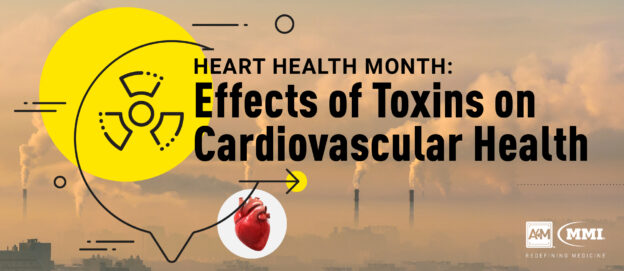From May 3-5, West Palm Beach, Florida, hosted the 32nd Annual A4M Spring Congress, an event that continues to shake the industry and challenge the boundaries of conventional medical care. Fueled by a collective commitment to transforming lives, thousands of health professionals gathered to engineer a future where merely surviving is no longer the norm and thriving becomes the new “new normal.”
Throughout the weekend, our attendees embarked on a journey of discovery, delving into the most important scientific breakthroughs in metabolic health and equipping themselves with progressive knowledge in functional anti-aging medicine. They departed with a renewed sense of purpose, cultivated through priceless connections, expert guidance, and a steadfast belief in the boundless possibilities of synergistic medicine and patient-centered care.
With over 50 influential voices delivering cutting-edge insights during more than 80 educational sessions, our audience is exposed to an abundance of trailblazing concepts throughout the Spring Congress. While game-changing wisdom and innovative clinical approaches punctuate every lecture, our learners consistently echo the same thought-provoking takeaways from their favorite presentations each year.



